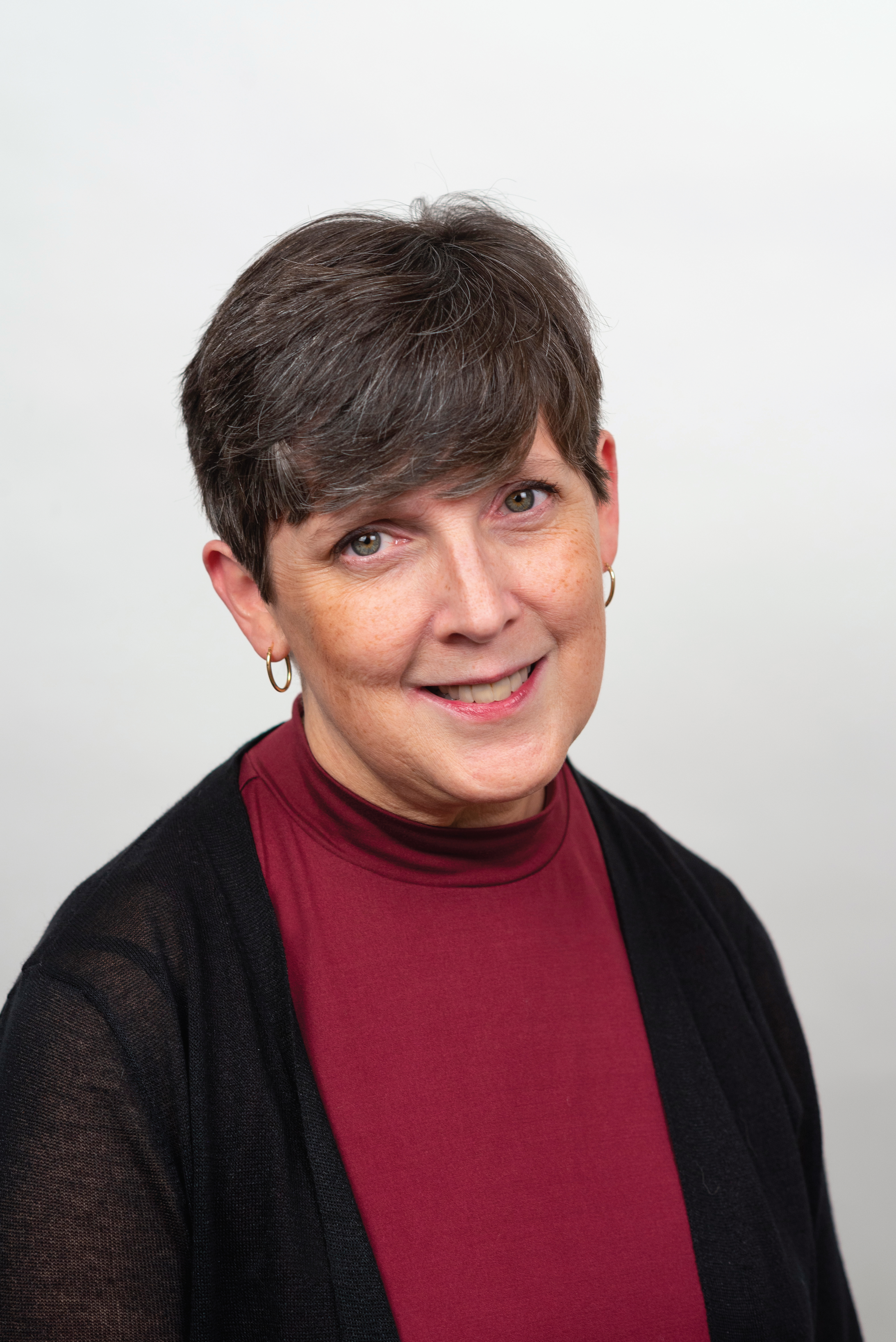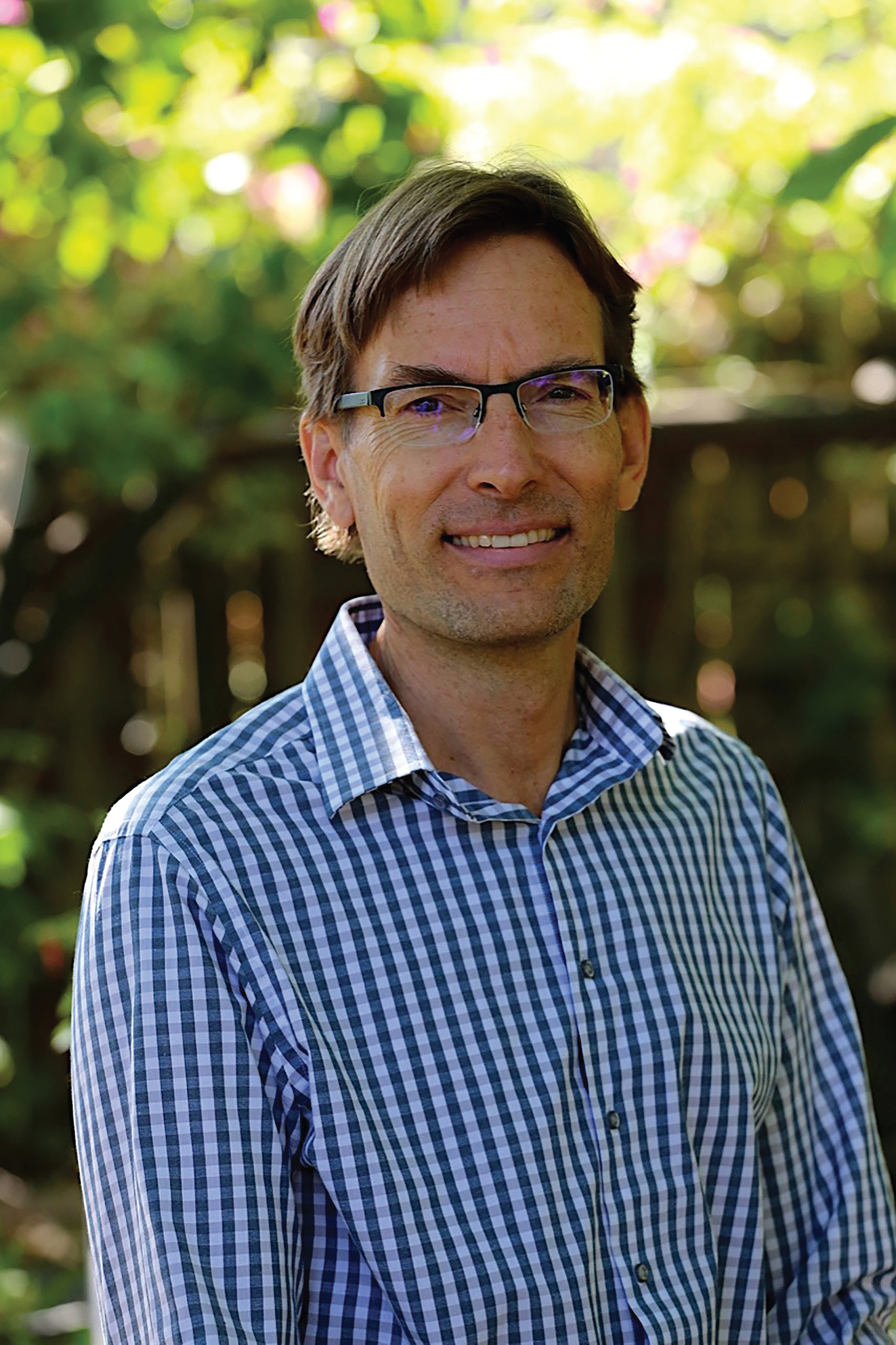In the 30 years since its inception in 1990, oncology nurse navigation has continually evolved and grown in response to patient and healthcare needs.
Designed to “improve outcomes in vulnerable populations by eliminating barriers to timely diagnosis and treatment of cancer and other chronic illnesses,” navigation surged in 2010 when former President Barack Obama signed the Patient Protection and Affordable Care Act, which required patient navigation programs become a component of health care, and today it’s part of the requirements of the Oncology Care Model. Delivering patient-centered care through navigation is a pillar of oncology.
Oncology nurse navigators (ONNs) are RNs with clinical knowledge of oncology who provide patients, caregivers, and families with personalized assistance to overcoming barriers to care. But as patients become savvier and seek different things from their oncology care, new roles and specializations are emerging to enable ONNs to deliver the resources and education patients need for informed decision making and access to care.
The Power of Nurse Navigation

ONS members Kimberly Cobb, RN, BSN, ONN-CG(T), of FirstHealth Moore Regional Hospital in Pinehurst, NC, and Michael Mair, RN, BSN, OCN®, of Dignity Health Cancer Institute in Sacramento, CA, are ONNs. They both said that what appealed to them about nurse navigation was the opportunity to assist patients along all aspects of the cancer care continuum.
“It is such an important role in oncology because of the many patient entry points into the healthcare system. They may enter through the emergency department, convenient care, a primary care provider, or by pulmonology referral,” Cobb, a member of the ONS North Carolina Triangle Chapter, said. “Making sure that a patient does not get lost in the process is crucial, especially in the field of oncology.”
“When I worked as a bedside RN, I often wondered what would happen to patients after I saw them for the last time,” Mair, of the ONS Greater Sacramento Chapter, said. “I wanted to see the bigger picture and be able to get involved on a different level. The ONN role allows for this. Cancer care can be very complex, and having a guide to help educate and coordinate care through the process can really make a difference.”
Integrative Health Navigation
Mair began incorporating an integrative health approach to his navigation in 2018, after he received integrative health and lifestyle certification through the University of Arizona. Although not specific to oncology care, the certification program focused on evidence-based ways nurses can address the main pillars of nutrition, activity, sleep, stress and mindfulness, spirituality, environment, and relationships.

“I’ve been interested in natural healing methods and mind-body medicine since I started working in health care,” Mair said. “I have found that after cancer treatment, many patients ask about holistic care to reduce the risk of recurrence if possible and to improve their quality of life. In my role as an ONN, I can facilitate the discussion, provide teaching, and offer referrals to services where appropriate. My team has worked to expand our use of integrative oncology in the cancer center.”
“Integrative health means looking at the whole person and not only a disease or symptoms. The patient and practitioner are partners in the healing process,” Mair said. “It encompasses not only usual care but also can use evidence-based complementary approaches to health from various traditions. I find this helpful to patients because they have another toolbox of techniques and resources from which to draw on.”
Mair said that many of his patients and colleagues are gaining interest in integrative health approaches and his institution now offers a mindfulness and stress reduction course, free yoga classes, and cancer-specific counselors and dietitians who work closely with ONNs.
“Foot and hand massages have been hugely popular for patients during chemotherapy infusions to help reduce anxiety, pain, and nausea,” Mair said.
Mair suggested that nurses interested in learning more about integrative health navigation review the Society of Integrative Oncology’s 2017 evidence-based integrative oncology guidelines for patients with breast cancer.
Financial Navigation
The United States spends nearly $150 billion in cancer care annually, making it four times more expensive than treatment for other health conditions, and 63% of patients with cancer struggle with their finances. Helping patients navigate financial challenges is a critical aspect of ONNs’ work.
“My biggest concern about financial toxicity is that patients will delay preventative screenings, diagnostic testing, and treatment,” Cobb said. “During my first visit with a newly diagnosed patient, I introduce the cancer support services available at FirstHealth Moore Regional Hospital, including financial navigation. If a patient is not insured or underinsured, I refer them to our financial navigators for additional help with the Medicaid application process.”
The first designated financial navigator joined FirstHealth Moore Regional Hospital in 2016. In 2020, the program added its second financial navigator, allowing “for financial toxicity screening prior to a patient’s first oncology visit, as well as increased face-to-face meeting time with patients at their oncology appointments to assess for and follow up on financial concerns,” Cobb said.
FirstHealth also has its Cancer CARE Fund through the Foundation of FirstHeath, which Cobb said assists patients on an individual basis, covering costs like travel, out-of-pocket medications, and wigs or head coverings.
Cobb said she considers the following when addressing financial toxicity:
- Does the patient have money for gas to travel to their appointments?
- Can they meet their out-of-pocket expenses for staging or surveillance imaging?
- Can they pay for the new medication prescribed for esophagitis, nausea, or pain?
- Is their treatment going to be so expensive that they cannot afford to live comfortably, or will it place a burden on their family?
“The most important thing that nurses, navigators, and primary care providers can do to help patients with their finances is to start the conversation early,” Cobb said. “We should encourage patients to obtain a Family Medical Leave Act (FMLA) form from their human relations department for intermittent or continuous leave to protect their job.”
“Financial concerns are very personal, and when interviewing a patient, healthcare professionals need to watch the patient’s nonverbal cues,” Cobb said. “Assure the patient that all information collected will be handled confidentially.”
ONS’s Oncology Nurse Navigator Toolkit offers a guide for ONNs to navigate financial concerns with patients.
Oral Therapy Navigation
Mair said that he sees many patients struggle to consistently manage oral medications, and some don’t have a caregiver to help. To address this concern at FirstHealth, Cobb said that clinic nurses and the specialty pharmacy technician manage oral therapies.
“If I am not able to see these patients during their clinic appointment, I touch base with them by phone to make sure they are not experiencing any financial hardship and tolerating the medication,” Cobb said. “As the indications for oral therapies grow, I am certain that my role in this area will grow as well.”
ONNs Navigate Obstacles, Too
Cobb said that one of the most difficult challenges she faces as an ONN is helping patients who are caregivers themselves or don’t have a good support system.
“We have a great navigation team at FirstHealth, and we meet twice a week,” she said. “Those meetings serve as a team care conference for our most complicated patients.”
Mair said that getting real-time access to patient records is difficult because of a fragmented healthcare system in which different providers often use different electronic health record systems.
“Some physicians are resistant working with nurse navigators, so that can pose a challenge,” Mair said. “In the beginning, growing our program was a bit of an uphill battle for the navigators who started it off.”
An Evolving Role
Self-motivation is a key aspect of nurse navigation, Mair said. “The more you put in, the more you will get out of it in terms of job satisfaction, and the better you will be able to serve your patients. The other thing I notice in my ONN colleagues is that they all have a big heart. Sometimes that is more important than anything.”
“One of the most important things I have learned in my 35 years of nursing is that communication is key because everyone is vulnerable during a personal health crisis,” Cobb said. “Whether it is a heart attack, motor vehicle accident, or new diagnosis of cancer, feelings of vulnerability are universal during these times.”
Nurses must try to slow down and actively listen to patients, Cobb said. This becomes even more important while assessing for barriers to care, establishing goals, and providing disease and treatment education.
“I work with patients from a wide variety of backgrounds, so it is imperative that I understand where they come from in order to provide the best care,” she said. “This can only be accomplished by effective communication through active listening.”
Mair said that oncology nurses can assist ONNs by recognizing that ONNs can best help when they’re connected with patients at the time of diagnosis. Prompt referrals are key to sustainable success.
Mair and Cobb both pointed to ONS and the Academy of Oncology Nurses and Patient Navigators for resources for ONNs, such as community discussion boards, print materials, and webinars. Additionally, Cobb said, the GO2 Foundation for Lung Cancer, American Cancer Society, and Cancer Care offer resources for patients.
“Having a cancer diagnosis turns one’s life around and makes patients face their own mortality. The emotional burden can be huge,” Mair said. “Most of us have family or friends who have had cancer and know the emotional, financial, and physical hardships it may cause. I like to think that ONNs can smooth the way to some extent, to make things easier.”
“Patients with cancer have a different perspective on life and a clearer vision of what is important, and that vision is very personal,” Cobb said. “I had a patient who just wanted to celebrate her next birthday, another who wants to see her granddaughter graduate in three years, and yet another who just wants to be able to go fishing. Patients teach me every day how to live life to the fullest and focus on what is important.”






